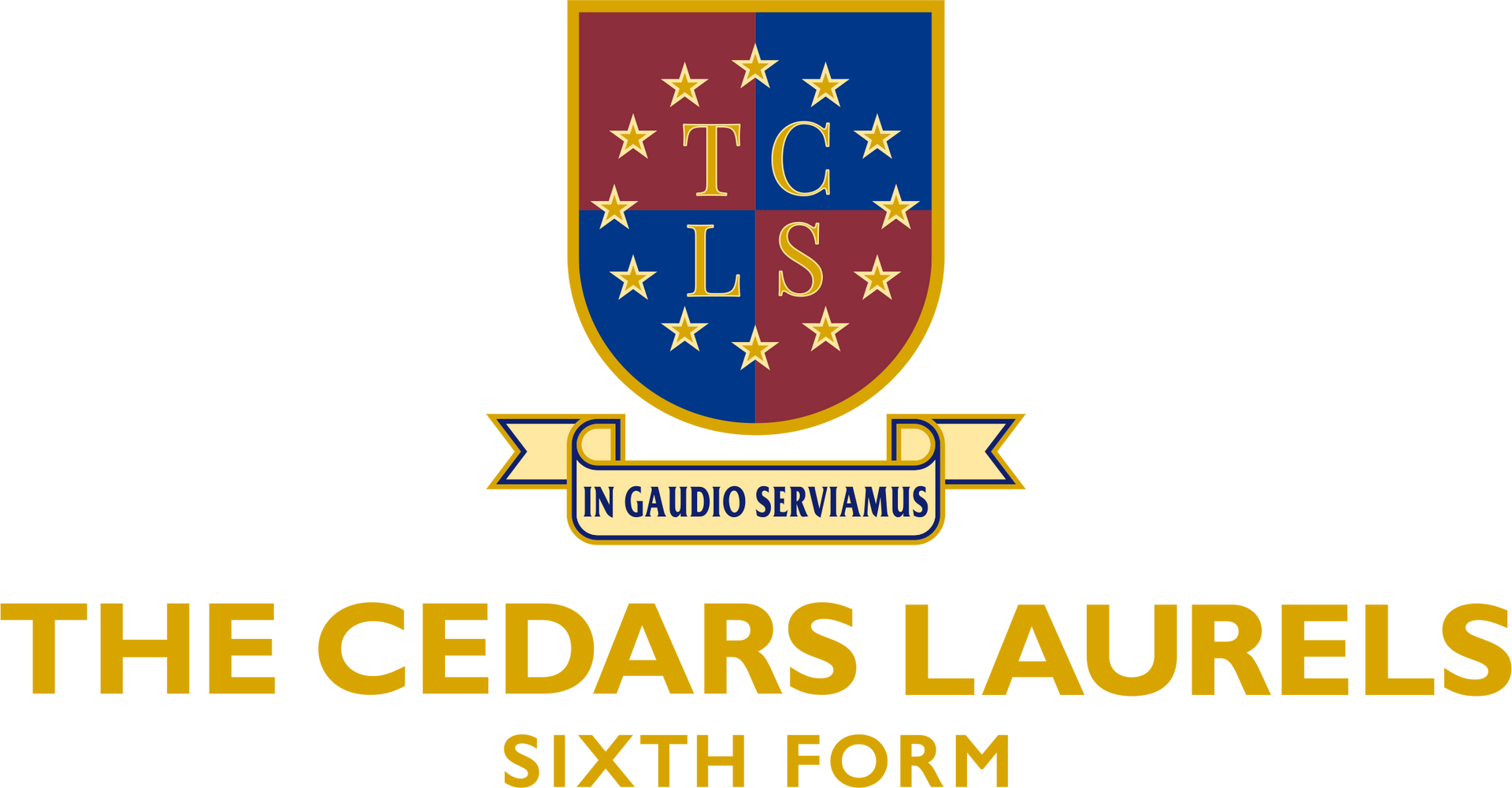Physics
Physics
Why choose to study Physics?
Physics is the fundamental science that underpins how the universe works, from the tiniest subatomic particles to the vast expanse of galaxies. Studying A-Level Physics will equip you with a deeper understanding of the natural world around you, from the everyday phenomena like the flight of airplanes to the profound mysteries of black holes.
The study of Physics allows you to question and experimentally investigate the laws of nature through practical and mathematical means. This will allow you to apply knowledge and understanding of these scientific ideas in both theoretical and practical context.
What are the aims of the course?
A Level Physics will allow you to understand and demonstrate experimental practices as well as developing the quantitative and qualitative skills to support scientific theory. The curriculum will teach you to enjoy the experience of spending time on problem solving, developing qualities of determination, diligence and perseverance.
Physics gives you knowledge and skills that are transferable to other subject areas and desired by employers. To succeed in Physics, you will need to enjoy a challenge which is why Universities and employers favour potential candidates that have succeeded in A Level Physics, as it evidences the range of skills that they possess.
What study skills do you need?
Time management: Physics has a broad and deep syllabus which requires planning a forethought to cover. You will need to learn how to balance your academic responsibilities with your social life. You will also need to practise time management when preparing for your exams. This is an important life skill.
Enhancing your practical skills: The A level Physics curriculum provides a rich practical experience to develop your scientific curiosity, with twelve required practical experiments embedded throughout the course.
Enhancing your analytical skills: Throughout the Physics A level, you will be required to analyse and interpret data as evidence for judgements and conclusions. Improved analytical skills make you a strong problem-solver, more detail-oriented, and more meticulous, logical and structured in the way you work and present information.
Enhancing your evaluative skills: Students will also be expected to evaluate experimental practices to develop and refine practical design and procedures.
Enhanced fluency in scientific literacy: Each of the twelve required practical investigations is written up in lab reports that evidence observations and conclusions. A Level Physics is also partially assessed by extended writing questions that explain key concepts.
Numeracy: Overall, at least 30% of the marks in assessments for Physics will require the use of mathematical skills. These skills will be applied in the context of Physics and include the handling of both qualitative and quantitative data. Mathematical skills embedded in the course are significant and mirror mechanical units from A level Maths.
Improved theoretical and practical application: Problem-solving is as much about identifying an issue as producing sound ways to break it down, analyse it and produce solutions. This is a skill that is needed in many careers and life scenarios. A level Physics allows you to develop both theoretical and practical understanding of a concepts, which is a powerful advantage when problem solving.
Improved interpersonal skills: This may come as a surprise, but it’s true! By studying A-level Physics, you will sometimes be required to work in teams, which requires good communication and social skills. Studying A-levels is a great time to form study groups. Here, you will practice presentation skills, speaking to groups of people, and learning how to communicate ideas and concepts in a way that other people find engaging and informative. You will also learn to become comfortable with the important skill of asking for help. Learn to use the wealth of knowledge from your classmates and teachers by asking for assistance!
What are the GCSE requirements?
You need to have acquired a minimum of Grade 7 in Physics Triple Science or a 7-7 in Combined Science, and a 7 in Maths.
Course content
The course comprises of eight core units of study that are assessed across three exams.
Core content:
- Measurements and their errors
- Particles and radiation
- Waves
- Mechanics and materials
- Electricity
- Further mechanics and thermal physics
- Fields and their consequences
- Nuclear physics
Optional Content:
There is a 35-mark section in the third exam dedicated to a specific topic chosen by the student. Students can choose the option that aligns with their interests for deeper exploration and potentially higher marks in that specific section.
- Astrophysics
- Medical physics
- Turning points in physics
- Engineering physics (formerly Applied physics)
- Electronics
A more detailed explanation of the AQA course curriculum across AS and A level Physics can be found by following this link: Course curriculum
A more detailed explanation of the AQA assessment schedule can be found by following this link: Scheme of Assessment
Higher education and career opportunities
A-Level Physics opens doors to a wide range of further education and career opportunities. Here is a breakdown of key pathways:
University Degrees:
Physics is a strong foundation for various university degrees, including:
- Physics (including specialized branches like astrophysics, particle physics, condensed matter physics)
- Engineering (all branches)
- Mathematics
- Computer Science
- Materials Science
- Chemistry
- Geology
Career Opportunities:
Research Scientist: Conducting research in areas of fundamental or applied physics in universities, government labs, or private companies.
Physicist: Applying physics knowledge in various industries, such as aerospace, electronics, energy, medical physics, or nuclear science.
Teacher: Inspiring future generations by teaching physics in schools or colleges.
Engineering: Physics forms the foundation for all engineering disciplines, opening doors to diverse engineering careers.
Data Science: Strong analytical and critical thinking skills from physics can be valuable in data analysis, machine learning, and other data-driven fields.
Finance and Banking: Physics graduates' quantitative skills are highly sought after in quantitative finance and risk analysis roles.
Software Development: Programming and critical thinking skills can be applied in software development and related fields.
Consulting: Physics graduates with strong communication and analytical skills can excel in consulting roles across various industries.
Related Activities
Educational trip to SERN – Large Hadron Collider
Get more information
Thank you!
Please try again later.
CONTACT US


| All Rights Reserved | The Cedars Laurels 6th Form
Web design by www.beardfish.co
We use cookies to ensure that we give you the best experience on our website.

